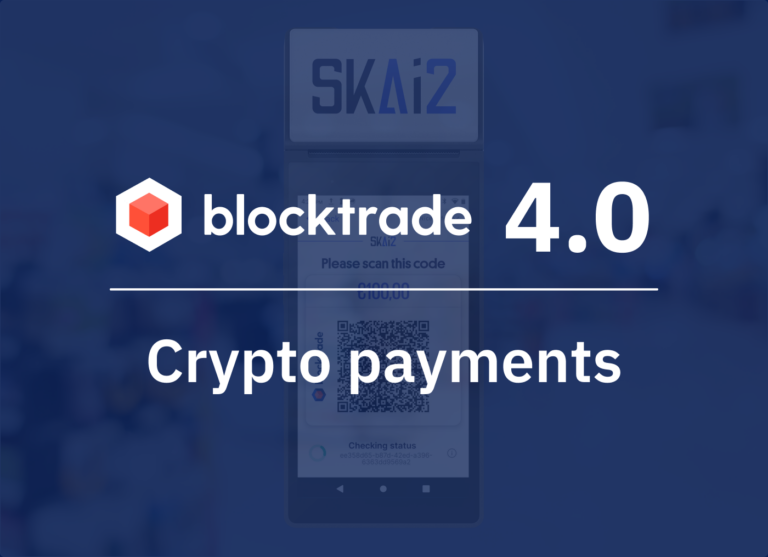The financial system lives on trust. Close supervision and control of the actors in this system are therefore paramount for financial licenses. Strict national and international regulation restricts access to the financial markets to companies licensed by national financial supervisory authorities. This gives investors the certainty that their money is safe, protected, and only put to the designated use.
There are many different actors in the financial industry – in this article we want to focus solely on three types of entities: virtual asset service providers (VASPs), investment firms, and e-money/payment institutions.
But first, let’s look at the 3 main institutions determining the framework for financial licenses in the EU region: the ESMA, the ECB, and the FATF. Then we will discuss the MiFID II directive as framework regulation for access to the European financial markets.
Major Players in Financial Regulation in Europe
The European Securities and Markets Authority (ESMA), headquartered in Paris, was founded in 2011 with the mission of enhancing investor protection and promoting stable, orderly financial markets. As an independent institution, it has e.g. issued binding guidelines concerning leverage trading for retail and institutional traders.
The European Central Bank (ECB), situated in Frankfurt, serves as the supervisor of all banks active in the Euro-region – in coordination with national financial supervisory authorities. Major European banks are under the direct supervision of the ECB while smaller institutions are audited at the national level.
The Financial Action Task Force (FATF) is an international organization that issues global, binding standards to prevent money laundering and terrorist financing. The FATF has e.g. issued the binding KYC/AML/CFT guidelines all financial service providers licensed in Euro-countries must adhere to. Most Euro-countries and Switzerland are members of FATF.
MiFID II – Framework Regulation for European Financial Markets
The “Markets in Financial Instruments Directive” (MiFID II) came into force on January 1, 2018, and all EU member states have transposed it into their national laws, which are closely based on the Directive. Among other aspects, the Directive includes regulation on the following aspects:
- requirements for the management and organization of investment firms,
- admission requirements for regulated markets,
- regulatory reporting to prevent market abuse,
- rules for the admission of financial instruments to trading.
Any company that seeks to be active in the European financial market must be MiFID II-compliant. Naturally, this also applies to virtual asset service providers (VASPs – like a digital assets exchange), investment firms, and e-money/payment institutions.
Virtual Asset Service Providers (VASPs)
Virtual assets is an umbrella term that includes cryptocurrencies like Bitcoin or crypto tokens – they can be transferred and traded digitally. According to the FATF, a VASP is a company which engages in any or more of the following activities:
- exchanging virtual assets for fiat currencies,
- exchanging between virtual assets,
- transferring of virtual assets (e.g. between wallets),
- safekeeping and/or administrating virtual assets for other parties or
- participating in or provisioning financial services related to the sale of virtual assets/an issuer’s offer.
For example, crypto-wallet providers, digital asset exchanges, and crypto-brokers all need to be registered as VASPs to be permitted to offer their services.
Investment Firms
Investment firms, as defined by the MiFID II directive, are legal persons whose main activity is to provide investment services to third parties and/or that perform investment activities on a professional basis.
The MiFID II directive also outlines a long list of organizational requirements that an investment firm must meet, e.g. concerning the avoidance of undue operational risk, record keeping and documentation, cyber-security mechanisms, and regular review of the financial instruments they offer.
Whether a company distributes financial products by third parties or its own, it must be licensed as an investment firm under MiFID II. Entitled the “European Passport” is the fact that investment firms licensed in one EEA country and supervised there may perform their activities in other EEA member states without requiring a separate license there.
E-Money/Payment institutions
Payment institutions are organizations that enable payment transactions between parties, deposit and withdrawal transactions as well as money remittance services. Companies like PayPal or Western Union clearly fall under this term.
E-Money institutions issue electronic money, which is seen as any monetary value in electronic or magnetic form, that is accepted by third parties as a form of payment. This is, for example, Neteller or Paysafecard where consumers receive electronic money with a QR code they can use to pay for with accepting merchants.
Such companies must be licensed under the respective licensing regime by the financial supervisory authority of an EU member state, e.g. the BaFin in Germany.
Conclusion
Financial licenses may be a dry, but highly important topic to ensure a trustworthy and integer financial system. Customers profit by knowing that their licensed service provider is regulated and audited by the responsible financial supervisory authority. Hence, they can trust that their invested money is managed properly, protected, and only put to the specified use.







